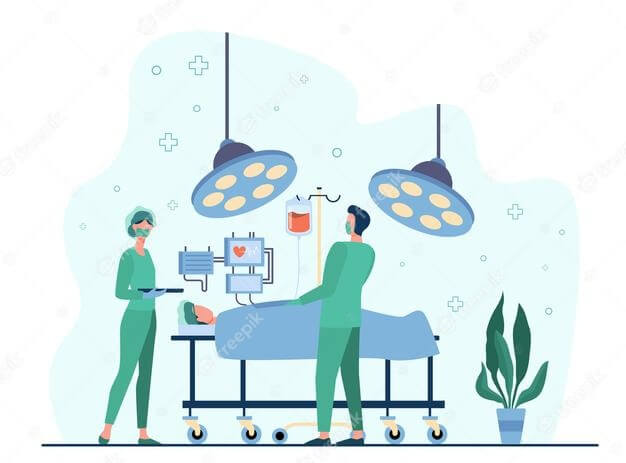
Ever since we were kids, from the moment we started to say our first few words here on Earth, asking questions has been a part of our life as humans.
“How do I grow taller and stronger?” “Why do dogs bark?” “What makes the sky blue?” These are just some of the few things we’ve wondered when we were just starting to explore things.
As we grow older, we realize how important it is to ask questions—it is the very essence of life. And, of course, we want answers.
This is even truer when we want answers about ourselves, or let’s say our health. When we go to the doctor, we don’t go there for just anything. We visit them because we know that something is wrong and we want it treated.
Thus, we ask questions to the doctor and, of course, we know that the doctor does the same to us. Now, let’s tackle some of the things usually asked by patients to eye doctors during eye exams – especially when it sounds like cataract is the problem.
What is a cataract and how did I get it?
Well, to keep it short and simple, it is when one’s vision becomes blurry, which often happens when the lens in our eyes gets cloudy and starts to impair our vision. There are three common types of cataracts, namely: subcapsular, nuclear, and cortical. These three vary according to where the cataract starts to form.
The reason behind someone developing a cataract mostly lies in old age as most patients diagnosed with this ranges from 55 and above. However, an eye injury, exposure to ultraviolet rays, high blood pressure, smoking, and diabetes are just some of the other factors that can result in cataract.
What are the signs and symptoms?
More often than not, a cataract usually develops unnoticed. It is like cancer—it is only realized when it is already too late. It usually starts with a few sights of blurry vision, with the feeling like you’re staring at a hazy glass pane.
Night vision is also expected to be affected. And during the day, exposure to bright lights seems to worsen over time. Depending on the type of cataract, symptoms may also vary and it can develop at different rates in both eyes.
How is it treated?
This is the scariest part for almost every patient—surgery. It is by far the most surefire and effective way to treat cataracts. Over the years, this method has shown impressive success rates and mostly done in an eye surgeon’s clinic. Learn more about cataract surgery.
Is there any other way to treat cataracts aside from surgery?
For those whose cataract is still at its early stage, a doctor may prescribe eyeglasses to correct vision. However, surgery is inevitable especially when the cataract is already at an advanced stage and rejecting this method may only lead to blindness.
When do I need to have the surgery and what can I expect after it?
The good news is that there are cases when a cataract no longer needs surgery. An eye doctor is the most qualified person that can suggest when to have it, so be sure to schedule appointments with them regularly to see how if there has been any progression. If you are required to have the surgery, you will need to keep in touch with your eye surgeon once it has been completed, as well as take any medication that has been prescribed to you.
This is because you may experience some post-operative complications, like Posterior Capsule Opacification (PCO) or ‘secondary cataract’. If this were to occur, you will be required to undergo a YAG capsulotomy to treat the condition. This is a quick, painless laser procedure that clears the cloudiness by creating an opening in the back of the lens capsule, restoring your vision. It is typically performed in an outpatient setting, and recovery time is minimal, allowing you to resume normal activities soon after. Again, after this surgery, you will be required to have regular check-ups with your surgeon to ensure that everything is healing as it should.
So, there you have it! Some frequently asked questions about cataract surgery. We hope this has helped to answer some questions you may be having.